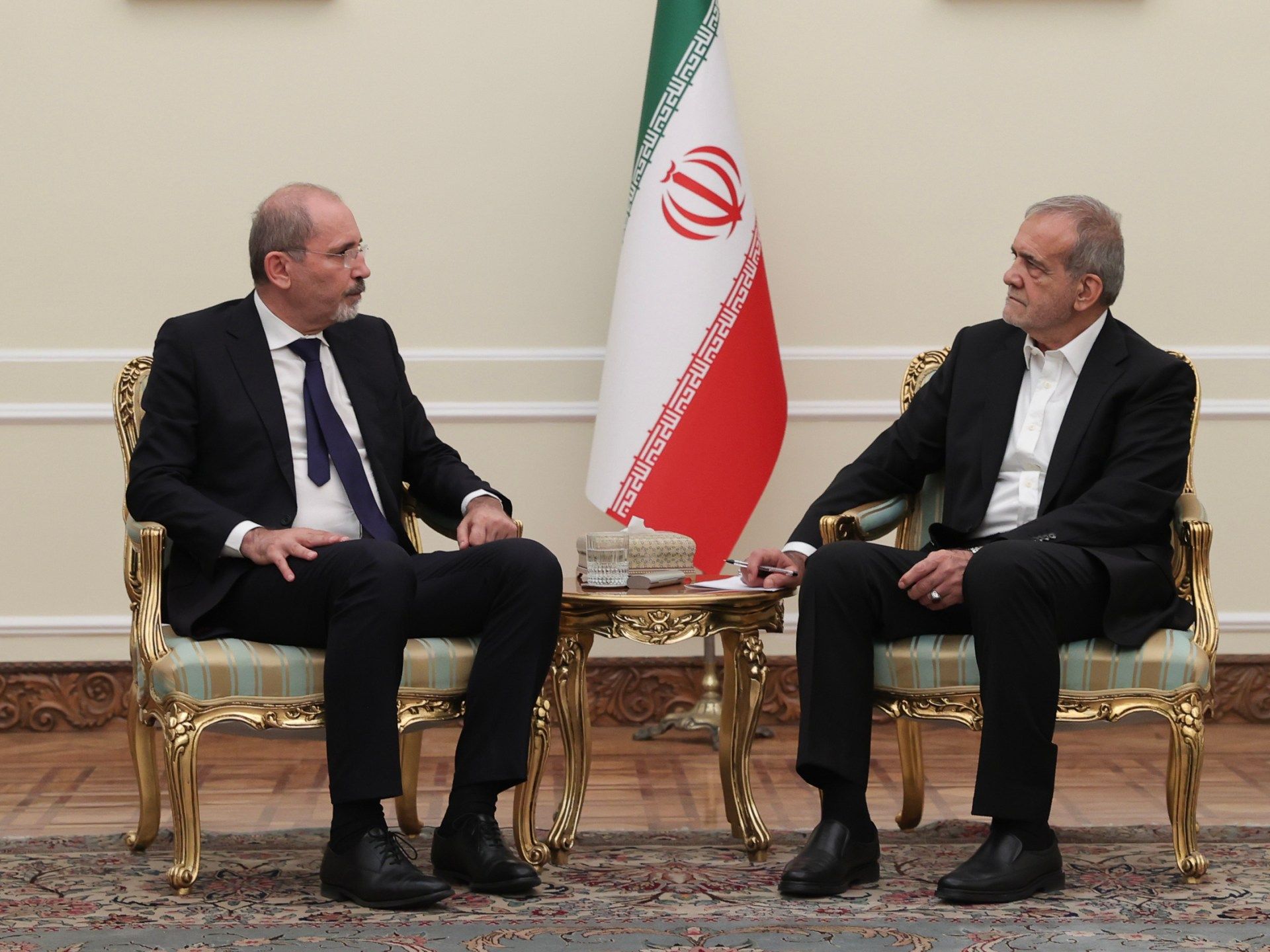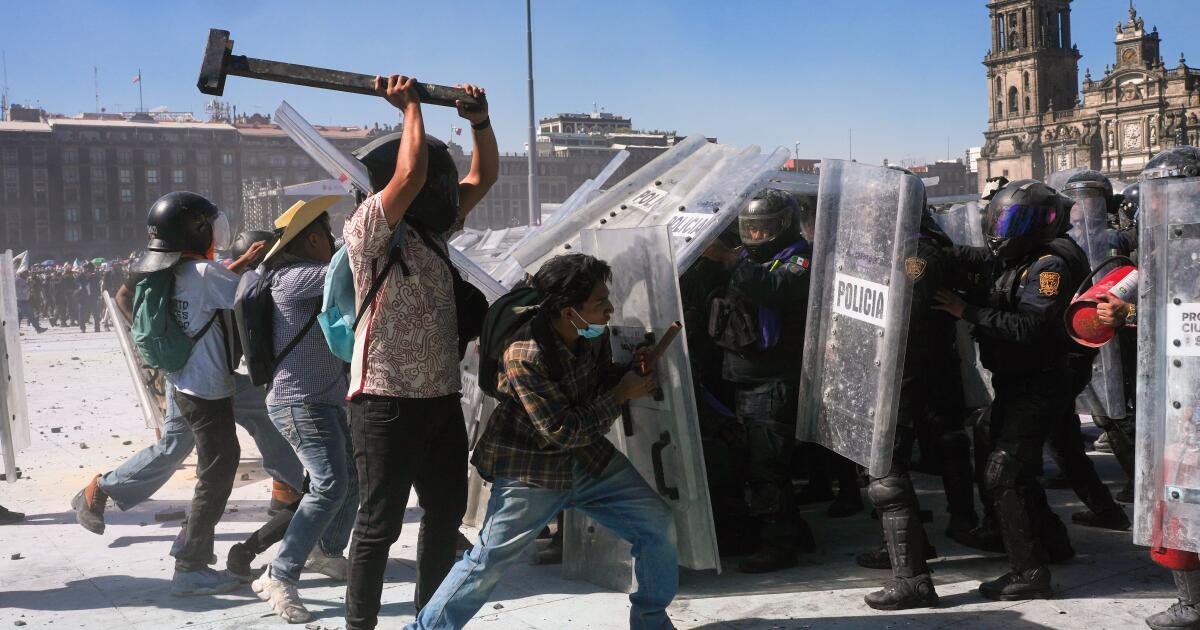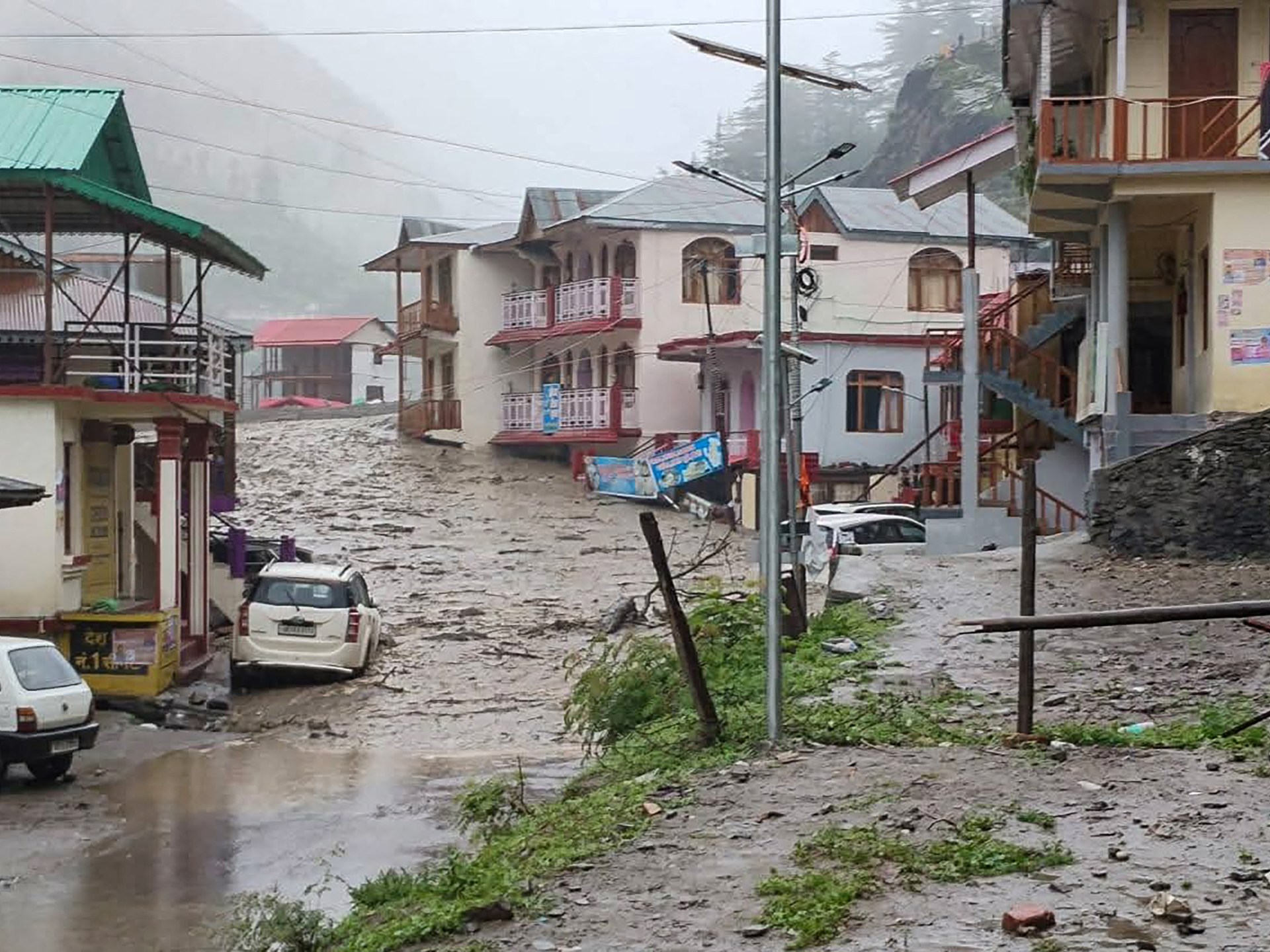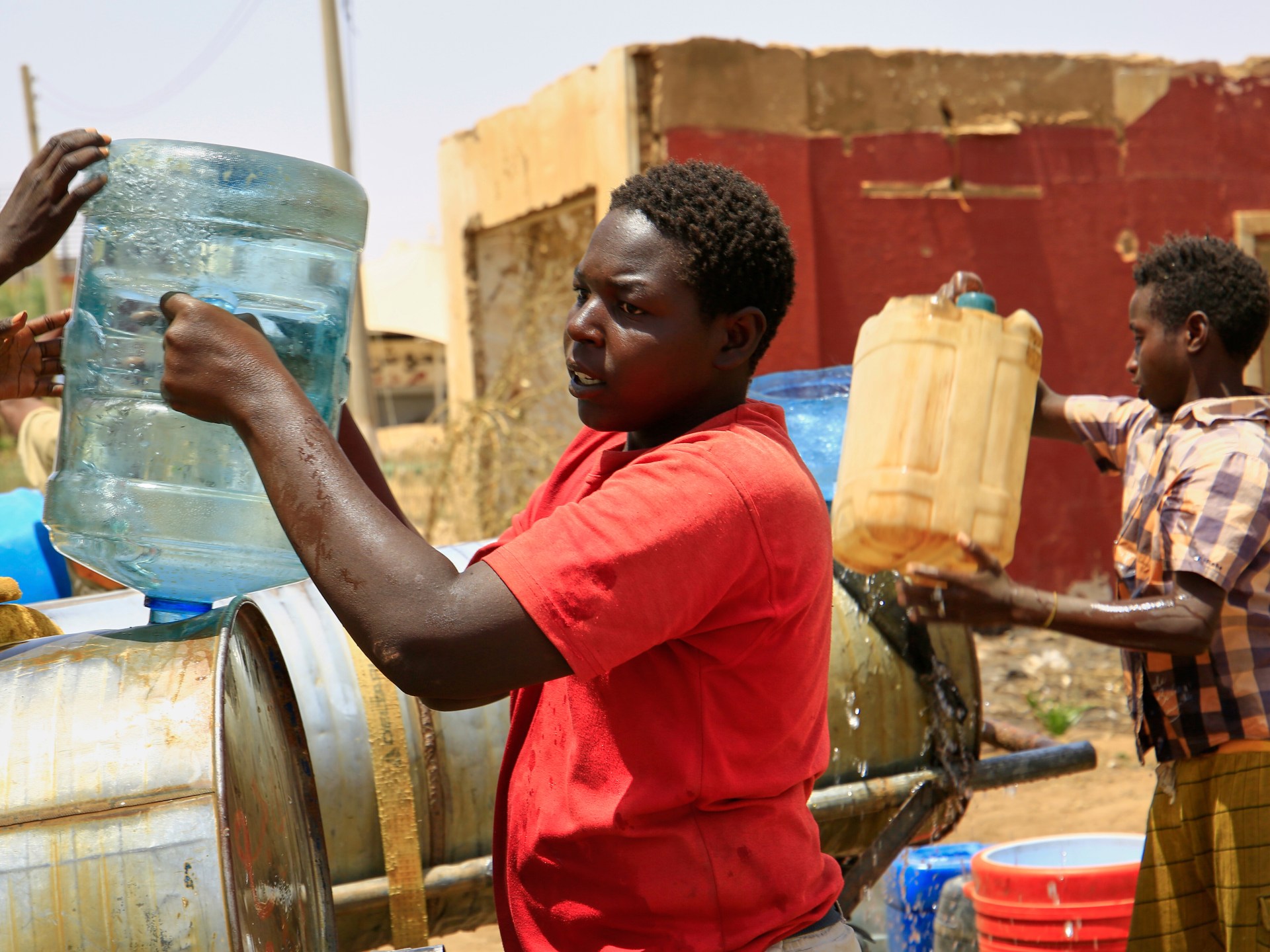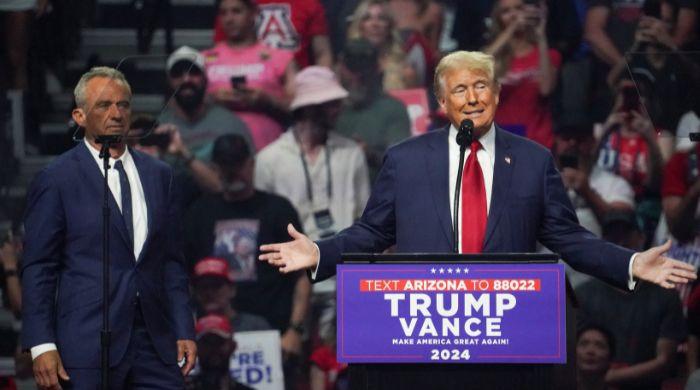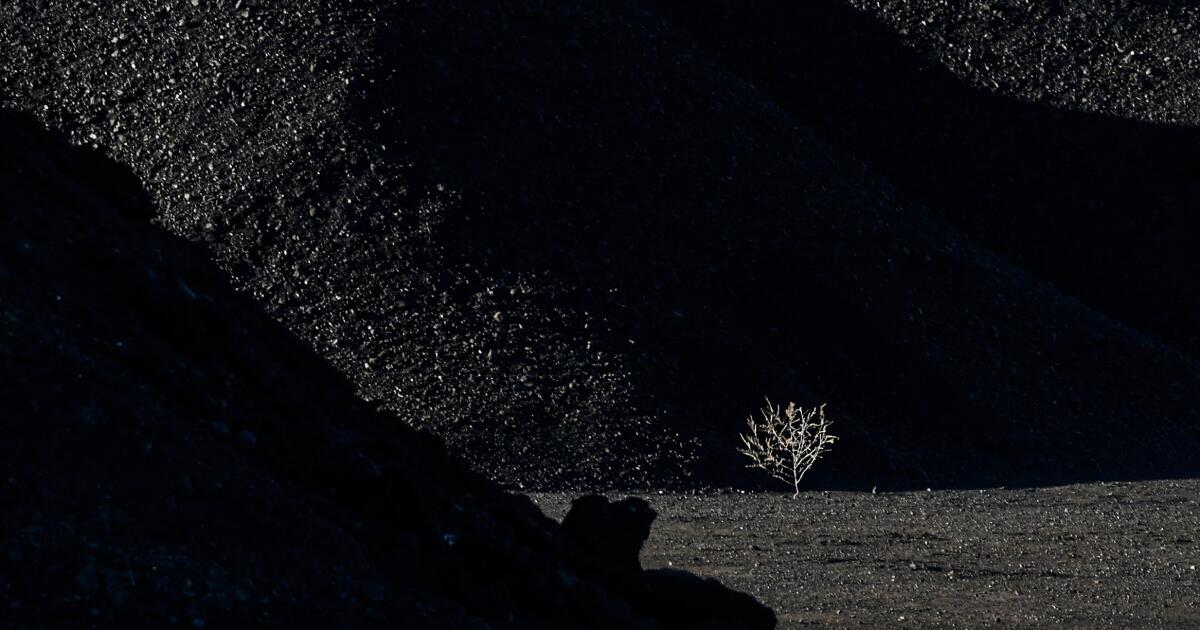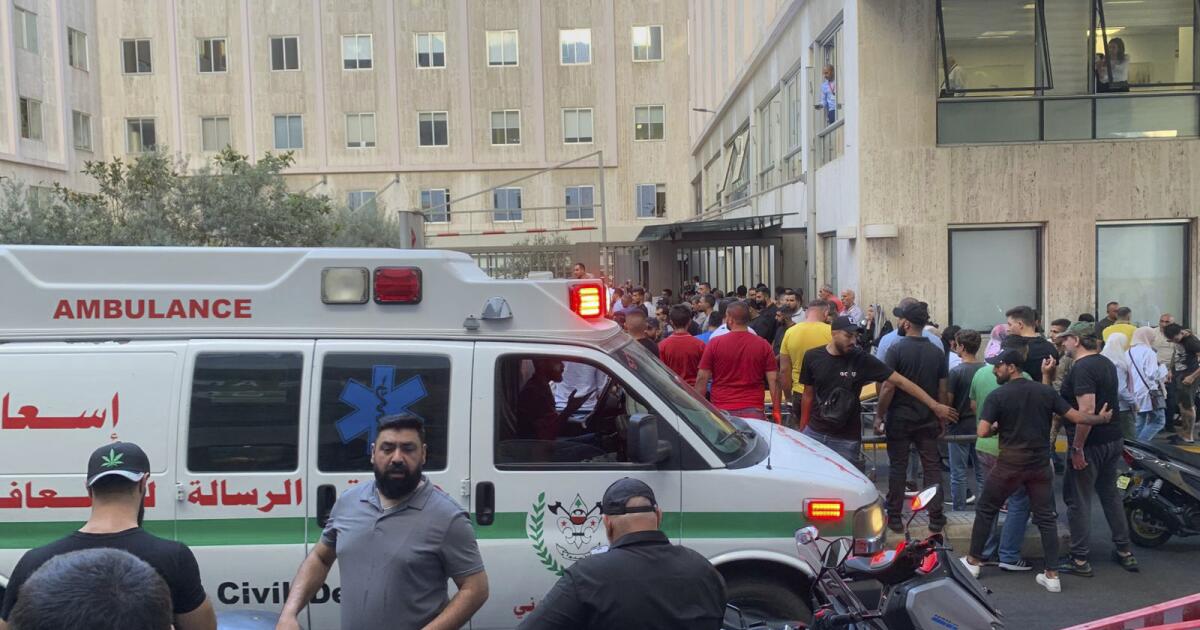The assassination of Hamas political chief Ismail Haniyeh in Tehran, along with the killing of senior Hezbollah figure Fuad Shukr in Beirut, has sent shockwaves throughout the Middle East and created a sense that the Iranians are likely to respond with an attack on Israel that could spark an all-out regional war.
Israel is believed to have carried out the killing of Haniyeh and claimed responsibility for that of Shukr. After months of devastating attacks on Gaza, where nearly 40,000 Palestinians have been killed, and earlier escalations against Iran and its allied militia Hezbollah in Lebanon, there is apprehension about what comes next, with fears that Lebanon in particular could be at risk of attack should the conflict drag on.
It has been almost a week since Haniyeh and Shukr were killed, but no major attack has yet been carried out against Israel, and diplomats are scouring the region in an effort to prevent any escalation.
The Iranians have insisted they will respond, with Foreign Ministry spokesman Nasser Kanaani saying on Monday that regional stability could only come from “punishing the aggressor and creating deterrence against the Zionist regime's adventurism.” [Israel]”.
The question now is: What form will this response take? Will it be a measured, calculated effort to avoid a regional war, like the last time Iran felt it had to respond to an Israeli attack in April? Or will Iranian leaders believe that the latest attacks require a more forceful response, even if it risks a wider conflict?
Bringing the region to boiling point
Haniyeh's killing has brought tensions to their highest point since last October, when an estimated 1,139 people were killed in Israel in a Hamas-led attack and more than 200 were taken prisoner. Israel responded by launching a devastating war on Gaza that has destroyed the enclave, displaced millions of people and killed nearly 40,000 Palestinians.
Less than 24 hours before Haniyeh was killed, Israel killed Fuad Shukr, a founding member of Hezbollah’s armed wing, and at least five civilians in the southern suburbs of Beirut. Israel blamed Shukr for an attack in the Israeli-occupied Golan Heights that killed 12 Druze children and youths. Hezbollah has denied responsibility for the attack.
Israel has killed at least 39 commanders or senior members of the “axis of resistance” – the pro-Iranian network opposed to US and Israeli hegemony in the region – since October 7, according to the monitoring group ACLED.
“The elimination of senior commanders and leaders of the resistance axis is unlikely to be a decisive factor in ending the current conflicts on Israel’s southern and northern borders or pose an existential threat to Israel’s adversaries,” Ameneh Mehvar, ACLED’s regional specialist for the Middle East, wrote in a report. “Now that a ceasefire agreement that could guarantee the release of Israeli hostages is even further away, the current killings have brought the region even closer to the brink of a war that could have devastating consequences for the Middle East and beyond.”
Although Israel has not officially commented on Haniyeh's assassination, the day after the killing, Israeli Prime Minister Benjamin Netanyahu gave a speech in which he acknowledged the likelihood of an Iranian response.
“We are prepared for any scenario and will remain united and determined in the face of any threat,” Netanyahu said in a televised address Wednesday evening. “Israel will exact a very high price for any aggression against us from any quarter.”
Referring to the attack on the Beirut suburbs, Netanyahu said: “We have settled the score with Mohsen.” [Shukr’s alias] And we will pay the price for anyone who harms us. Anyone who kills our children, anyone who murders our citizens, anyone who harms our country, will pay the price.”

An opportunity for Iran to show its rationality
According to analysts, Iran's response is imminent, but will likely be measured. While Haniyeh's assassination on Iranian soil, and in the country's capital no less, was a major insult to the Iranian government, experts say it does not change Iran's desire to avoid a wider regional war with Israel and its main backer, the United States.
“I don’t think Iranian policymakers have an escalation of violence in mind,” Reza Akbari, director of the Middle East and North Africa programme at the Institute for War and Peace Reporting, told Al Jazeera. “That said, of course, Iranian policymakers are not unified.”
Iranian politics has long been divided between hardliners and reformists. The country’s new president, Masoud Pezeshkian, whom many describe as a centrist or reformist, has been in office for only a couple of weeks. When Iran attacked Israel in April, Pezeshkian’s predecessor, Ibrahim Raisi, a hardliner, had not yet been killed in a helicopter crash. Pezeshkian has appointed ministers and intermediaries with experience in negotiations on the international stage, including some who were involved in the signing of the JCPOA, the deal that put limits on Iran’s nuclear program in exchange for lifting sanctions, and from which the United States unilaterally withdrew in 2018.
“The game the Iranians are trying to figure out is how to retaliate and send a signal that aggressive acts, such as assassinations on Iranian soil, cannot be carried out without triggering a cycle of escalation,” Akbari continued. “That’s the million-dollar question, so to speak.”
Although Iran’s top leaders have vowed “harsh revenge,” their continued diplomatic engagement with proxies has reassured some analysts, who believe there is still little appetite for a wider war. Tehran recently hosted Jordan’s foreign minister.
“I have the feeling that Iran is talking to everyone in the Middle East except Israel, and a few countries outside the region,” Ori Goldberg, a Tel Aviv-based political analyst, told Al Jazeera. “The more evidence we have of coordination and the longer it takes Iran, the more likely its response will be controlled and restrained.”
He added that Iran, a country viewed by the United States as a pariah, has an opportunity to present itself as a rational actor to international players, especially at a time when Netanyahu has eroded relations with its staunch international partners.

Netanyahu wants a war with Iran
“Israel does not realize that its international stature has diminished in the last ten months,” Goldberg said. “It still receives support [but] “It is becoming an increasing burden on the United States.”
The United States has supported Israel materially and militarily throughout its war on Gaza, but has also urged its main regional ally not to take hasty measures that would increase tensions with Iran and its allies. But Israel has responded by killing Haniyeh, the man with whom it was negotiating a ceasefire in Gaza.
Domestically, Netanyahu has been working on borrowed time for months. In May, a poll found that only 32 percent of Israelis approved of the job he was doing, while he has also been charged with fraud, bribery and breach of trust in three cases brought in 2019, but the trial has been disrupted by the war in Gaza. The prosecutor of the International Criminal Court is also seeking an arrest warrant for Netanyahu on alleged war crimes.
A ceasefire in Gaza would lead to a calming of tensions between Israel and its regional adversaries. Regional powers are now waiting to see how Haniyeh's killing will affect those talks.
Analysts have been saying for months that an end to the fighting would likely spell the end of his career, as it could trigger early elections. Netanyahu has also been talking up the Iranian threat for years and has been pushing the United States to confront it. Now he may see his chance.
“The general consensus in Israel is that Netanyahu wants a war with Iran and has been working toward it,” Goldberg said. “Is there a desire for this to happen?” [from the Israeli public]No. Israelis are fed up, but it is not that the opposition is proposing another vision or alternative plan.”

Hezbollah and the axis
Beyond Iran, Israel still has to consider the response of Iran's allies, particularly over the killing of Shukr.
Israel has “crossed red lines” and a response is “inevitable,” Hezbollah leader Hassan Nasrallah said Thursday.
The question then is whether Iran’s response will include coordination with its “axis of resistance” allies, particularly Hezbollah and Yemen’s Houthis, or whether each group will act on its own.
Imad Salamey, a political scientist at Lebanese American University, said Hezbollah and Iran would likely be in close contact over their response, although any strike would be strategic and would seek to avoid adding fuel to the fire.
“While Hezbollah is expected to coordinate with Iran, the overall strategy will likely focus on a protracted, controlled conflict that serves multiple strategic interests for Iran without escalating into a full-scale regional war,” he said.
For now, if Iran strikes the right balance in its response, an all-out war in the region would be avoided, analysts said. Instead, tensions would continue to simmer, with Iran interacting with Israel primarily through its regional allies in the “axis of resistance,” Salamey said.
“This coordination is aimed at demonstrating that there is a broad front against Israel,” he said. “However, Iran’s strategic calculations indicate that the response must avoid the region being plunged into an all-out war. Iran prefers… to avoid turning the conflict between Gaza and Israel into a direct war between Iran and Israel.”

